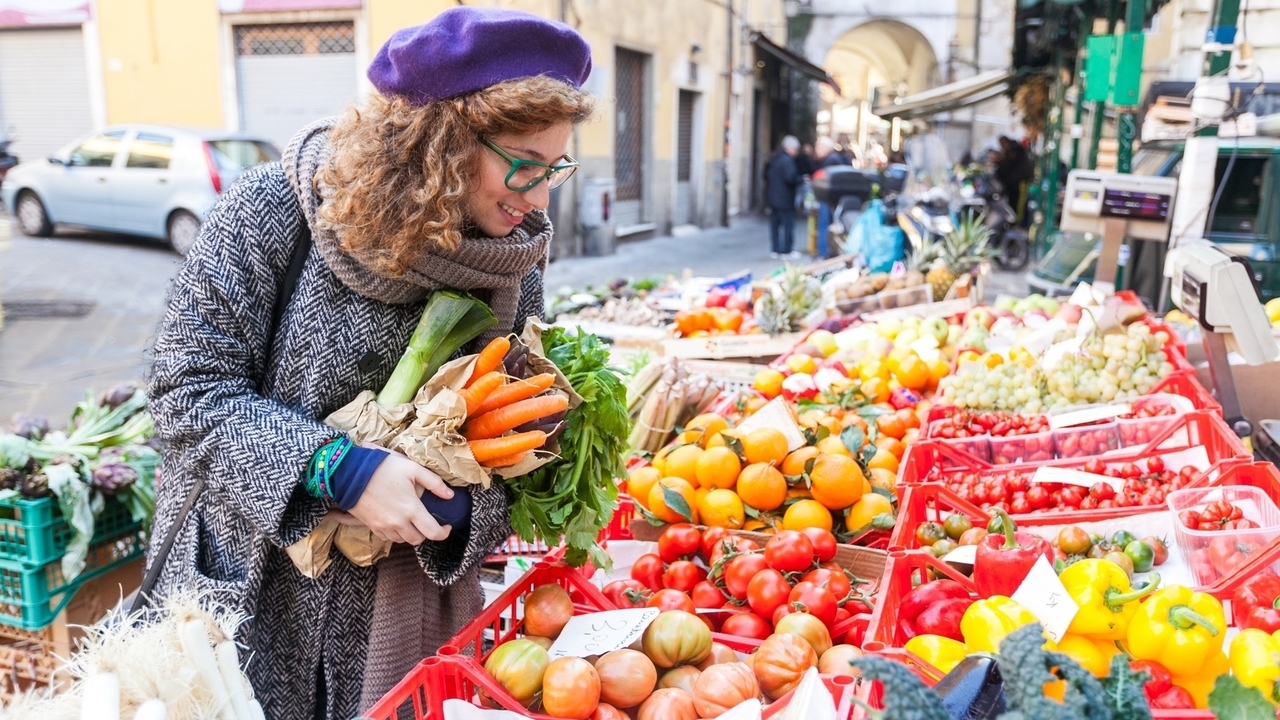 william87/Fotolia
william87/Fotolia
When it comes to food, I have gone down several different paths over the years. I have been an earnest vegetarian, an avid carnivore and low-carber, and recently have been looking for a new way of eating.
Having looked at food from many different angles, I am here to say that if you find that what you're eating isn't working for you, you don't have to live with it. Change can be a good thing, and often it's the only way to find out what's healthy for you.
Are you overweight? Do you suffer from IBS, heartburn or nausea? Do you struggle with a foggy brain, or panic attacks out of the blue? I was contending with all those things and more at different times, and changing my diet has made a difference for me.
People often stay with the same eating patterns they grew up with even if they are plainly having health problems or discomfort simply because they don't want to change.
But the longer we are alive, the more important flexibility becomes. And the more open we are to change, the better chance we have of living a better and healthier life.
When I was a 19-year-old university student in the 70s I was idealistic and willing to try new things. I had met some vegetarians and had learned a few things about that perspective.
In 1976 "Diet for a Small Planet" by Frances Moore Lappé became my Bible during a time — pre-Internet — when a book could be a precious thing, and the only source of information.
I figured, if I couldn't bring myself to kill it (and I certainly couldn't) then it wasn't right for me to eat it. Cheese, yogurt, eggs, nuts and seeds were my main sources of protein. Rice, whole-grain breads, potatoes, and vegetables of all kinds rounded out my diet.
But over the next few years, I got fat on a vegetarian diet — and became tired of the eye-rolling that came my way after I graduated from university and returned to my small town.
Eventually I incorporated meat as a mainstay again, and by 1980 I'd fallen into a standard North American diet. Some years later, in 1992 when I was in my late 30s, I became ill with what my doctor finally shrugged and called CFS.
As part of a long laundry list of other symptoms, I could no longer eat eggs without feeling nauseous. Potatoes, nuts and seeds would double me over in pain. I couldn't drink milk or eat bread. Though I wasn't eating any more than I had been, I was putting on weight at an astonishing rate.
I stumbled upon the Atkins diet in 2002. I was feeling quite desperate and willing to try anything, so I took the plunge. Low carbohydrate, more protein and higher fats became my new mantra. I had to turn everything I thought I knew about healthy eating upside down.
Funny thing happened. Though I was eating far more calories every day, and no longer bought any low-fat products, the extra weight was falling off me. Even more amazing, many of the symptoms of my illness began to diminish, and some disappeared.
I discovered that wheat was not my friend. Though I don't have celiac disease, I have unpleasant reactions to too much gluten. Brain fog, a feeling of vibrating, digestive issues and panic attacks that made me want to roll into a ball and rock back and forth crying for mommy.
I learned a great deal from Jimmy Moore who was Livin' La Vida Low-Carb a few years later. Life was good.
I learned more about healthy fats, and moved away from the very high amounts of protein I'd been eating. I continued to slowly lose weight and became healthier over the next decade.
But in the last couple of years, I began putting weight on again, and I wasn't enjoying eating anymore. I made some adjustments, reduced my still-high protein intake further, and upping healthy fats.
This made a little difference but ... I was also re-experiencing my earlier uneasiness about the fact that the meat I was eating came from animals.
I knew I couldn't go back to my earlier vegetarian diet, because it contained too many foods that were definitely bad for me. But I'd made drastic changes to my diet in the past and I wasn't afraid of doing so again. So at present, I am improvising.
I'm falling in love with a wide variety of vegetables all over again.
Butter, coconut oil, olive oil and fish oil supplements are good for my joints, my brain and my cardiovascular system and they provide some satiety as well. This helps make up for the bread, pasta, rice and potatoes that I can't eat.
As my general health has improved, eating eggs seems to be alright again. While I can't drink milk, or eat yogurt, I can handle cheese, cream and kefir again.
For some reason, Brazil nuts don't cause a bad reaction as long as I only eat a handful in a day. A spoonful of smooth organic peanut butter may sound like a strange snack but it works for me. So there's a little more protein as well.
This cuts down on the need for meat as protein — not as far as I'd like at this point but as much as I can handle for now. I'm headed in a particular direction and it's OK if it takes me awhile to find what is best for me once again.
I'm not worried. Change can be a good thing, especially when it leads to discovering what's best for me.
Visit Jody's website at http://www.ncubator.ca





Add a CommentComments
There are no comments yet. Be the first one and get the conversation started!